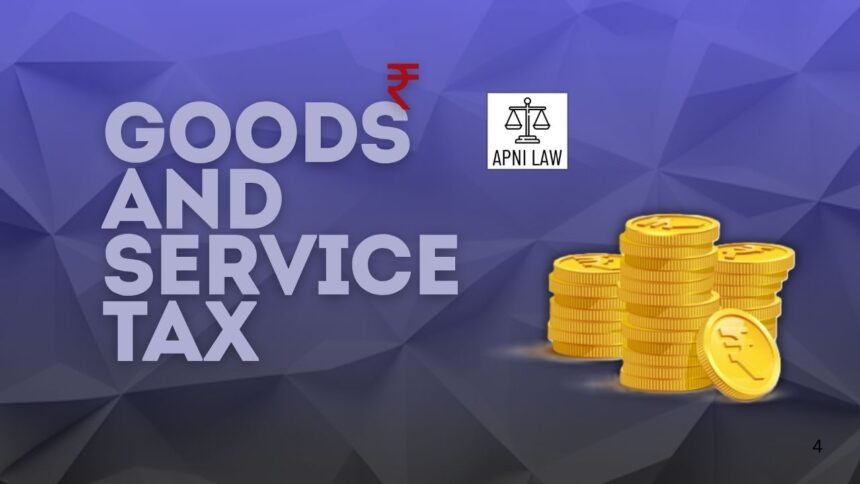Introduction
The GST law enforces antiprofiteering measures to ensure that any tax rate reduction or input tax credit benefit directly lowers the prices for consumers. This section mandates that any benefit from tax cuts must be passed on to the recipient through reduced prices.
Tax Benefits and Price Reduction
Any reduction in the tax rate on goods or services must result in a corresponding decrease in prices. Similarly, the benefit received from an input tax credit must lower the cost for the recipient. Companies must adjust their pricing to reflect these tax benefits.
What Is The Role of the Authority Under This Section
The Central Government can establish or empower an existing authority to examine if tax benefits have led to lower prices. This authority, including the Appellate Tribunal, operates on recommendations from the Council. It reviews written applications to determine if a registered person has passed the tax benefit to customers. The government may set a specific date, via notification, after which the authority will no longer accept requests for such examinations.
What Are The Penalties for Profiteering under GST Act
The authorized body holds investigations to ensure companies comply with the law. If the authority finds that a registered person has not reduced prices as required, it concludes that the person has profiteered. Companies found to have profiteered must pay a penalty equal to ten percent of the profiteered amount. The penalty is waived if the company deposits the profiteered sum within thirty days of the authority’s order.
Conclusion
Antiprofiteering measures hold businesses accountable for transferring tax benefits to consumers. Section 171 of GST Act allows price reductions corresponding to tax decreases and input tax credits. By empowering an authority to examine compliance and impose penalties for profiteering, the government protects consumer interests and promotes fairness in pricing.










